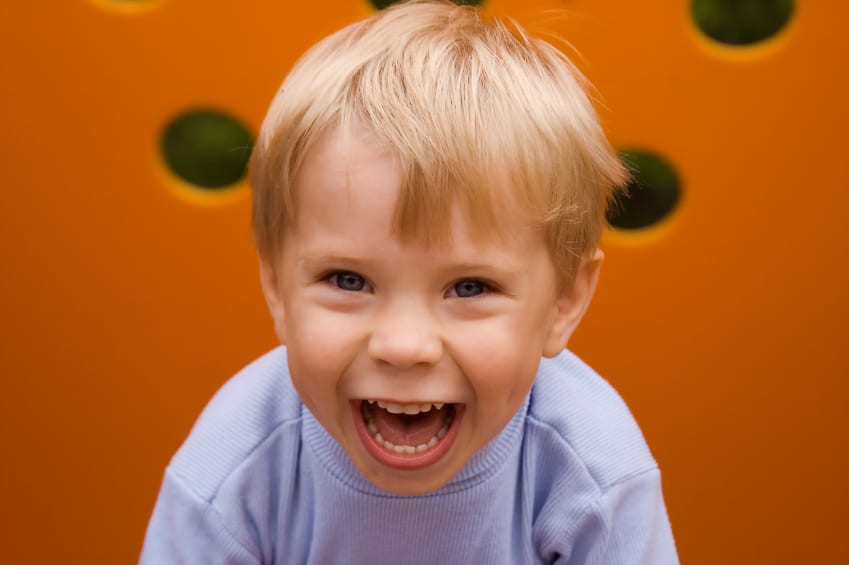Why do some autistic people behave inappropriately?
Autistic people struggle with “proper” behavior.
With our children, we hope to teach them how to behave in ways that are as socially acceptable as possible. As a parent of autistic child, I hope my son will eventually learn how to behave reasonably well in most situations. Of course, I’m not asking him to be perfect.
However, there are some areas I want to address specifically.
What one do I think is important?
Laughing in an inappropriate way. This one concerns me because my son does it.
Here’s a scenario:
A child with autism is on the playground at school. He witnesses a child near him fall and scrap their knee. The child cries, it hurts.
What do some children with autism do? Laugh.
Sometimes, I have watched another adult trip and stumble in an awkward way. I have seen that that person is unhurt and they can laugh about their “klutziness.” It could have been serious, wasn’t, and one or adults can have a shared chuckle.
Now, part of me knows that it is inappropriate to laugh, but sometimes you play the situation one way or another. Sometimes, you laugh.
What is the difference?
Some children with autism have a difficult time distinguishing between IF they can laugh. Those clues are too subtle for them. And, some just laugh no matter what. They have yet to learn that particular social “grace.”
How do you teach a child to control or stop inappropriate reactions?
You can consistently explain the “right” way to react.
My son laughs, or, at least, smiles. He even has a smile on his face when he’s telling me about some horrific historical event. I have to say to him, “You shouldn’t smile when you’re telling me that story. It’s sad.”
My son has a nervous laugh/smile. We know this about him. And, we certainly didn’t teach him to laugh as a response to “sad” situations. He more than likely did it that way because he’s a bit nervous and doesn’t know how to “properly” respond.
So, I have to say to him, again and again and again, that his smile or laughing is inappropriate. Of course, a typical child may laugh as well. However, I think one difference is that typical children learn the correct behavior sooner.
With my son, the investment has taken longer. He is ten and still smiles or laughs inappropriately at times.
What do I say to my son?
I try to be consistent and truthful.
An example of what I might say is, “It is not okay to laugh. That kid might be hurt. We do not laugh.”
How do others feel when they’re laughed at?
Imagine you’re a person who fell and got injured. While you’re down and trying to get your wits about you, suddenly you hear a child laughing at you.
On the school playground, this type of reaction can very well lead to hurt feelings that may even linger for the day or longer.
Then, imagine you are the aide or parent that is with that laughing child. Someone has fallen and gotten hurt and your child laughs. You feel embarrassed, don’t you?
I have, but I try to not make the situation worse. I try to explain a more appropriate behavior/reaction to my child. I don’t berate or embarrass him because I know his reaction is not a fault, it’s something he has quite mastered yet.
I try to pounce on the teaching moment. Our autistic kids won’t learn if you let those moments all the time. They won’t learn if you get embarrassed and say nothing. And, they definitely won’t learn anything if you yell at your child.
Be calm and be consistent. And, remember that they sometimes take more time than typical children to learn things. Give them at time.
To Find Kimberly Kaplan:
www.kimberlykaplan.com
Go to Amazon.com to find “Two Years of Autism Blogs Featured on
ModernMom.com”
www.smashwords.com or Amazon Kindle ebook “A Parents’ Guide to Early Autism Intervention”
Twitter: @tipsautismmom





